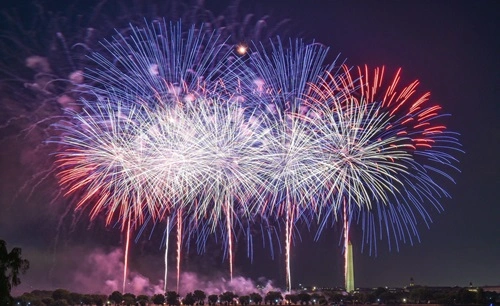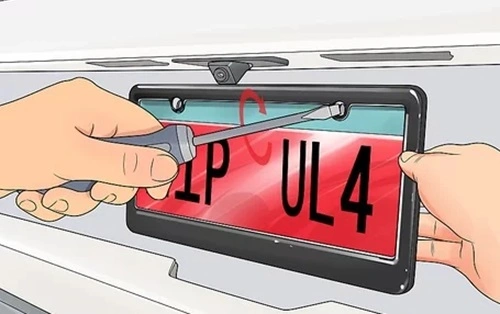Yes, it can be illegal to pop fireworks after the 4th of July in many jurisdictions, depending on local and state laws. Fireworks regulations are typically tied to specific holidays and timeframes, such as the days leading up to and immediately following the 4th of July. Violating these laws can result in fines, citations, or other legal consequences.
Understanding Fireworks Laws
Fireworks laws in the United States are a mix of federal, state, and local regulations. While the federal government sets safety standards for manufacturing and transporting fireworks, states and municipalities control when and where fireworks can be used.
- Federal Guidelines
The Consumer Product Safety Commission (CPSC) regulates the safety of consumer fireworks, ensuring they meet specific standards for labeling, explosive power, and chemical composition. However, the CPSC does not dictate when fireworks can be used. - State Laws
Each state has its own rules regarding fireworks use, including restrictions on types of fireworks, sale periods, and permissible usage dates. For example:- Texas: Fireworks can only be sold and used around certain holidays, including July 4th and New Year’s Eve. Popping fireworks outside these periods is generally prohibited unless a special permit is obtained.
- California: Fireworks are heavily restricted, with most consumer fireworks classified as illegal, even on the 4th of July.
- Florida: Fireworks are legal for purchase, but their use is restricted to designated holidays, including July 4th.
- Local Ordinances
Cities and counties often impose additional restrictions. For example:- Some cities allow fireworks only on July 4th and New Year’s Eve.
- Noise ordinances or fire bans may limit fireworks use, especially in areas prone to wildfires.
Penalties for Using Fireworks After the 4th of July
Violating fireworks laws can result in various penalties, including:
- Fines
- Fines for illegal fireworks use range from $100 to over $1,000, depending on the jurisdiction.
- Repeat offenders may face higher fines.
- Confiscation
- Law enforcement can confiscate illegal fireworks, even if they are unused.
- Criminal Charges
- In cases involving significant property damage, injury, or fire hazards, individuals may face misdemeanor or felony charges.
Safety and Environmental Concerns
Fireworks pose risks that often prompt strict regulations:
1. Fire Hazards: Fireworks can ignite dry grass, trees, or structures, especially in areas experiencing drought or high temperatures.
2. Noise Pollution: The loud noises from fireworks can disturb neighborhoods, particularly at night, leading to complaints or violations of local noise ordinances.
3. Air and Litter Pollution: Fireworks release harmful chemicals into the air and leave debris, which can harm the environment.
Exceptions and Permits
Some circumstances may allow fireworks use after the 4th of July:
1. Special Events Permits: Local governments may issue permits for fireworks displays at private or public events outside traditional holidays.
2. Tribal Lands: Fireworks laws on Native American reservations may differ from state laws, often allowing greater freedom for use.
Tips for Compliance
1. Know the Laws: Research your state and local regulations to understand when fireworks are permitted.
2. Use Legal Fireworks: Only purchase fireworks approved for use in your area.
3. Check for Fire Bans: During periods of high fire risk, authorities may temporarily ban fireworks, even during permitted times.
Related FAQs
Q1. Can I use leftover fireworks after July 4th?
Ans: It depends on local laws. Many areas restrict fireworks use to specific dates around July 4th and New Year’s Eve.
Q2. Are there states where fireworks are always illegal?
Ans: Yes, states like Massachusetts have banned most consumer fireworks year-round.
Q3. What happens if I pop fireworks after the allowed dates?
Ans: You could face fines, confiscation of the fireworks, or even criminal charges in some cases.
Q4. Can I store unused fireworks for future holidays?
Ans: Yes, but fireworks must be stored safely in a cool, dry place away from flammable materials.
Q5. How do I know if fireworks are banned due to fire risk?
Ans: Check announcements from your local fire department or emergency management office.
Conclusion
While fireworks are a cherished part of July 4th celebrations, using them outside designated timeframes can be illegal in many areas. Compliance with state and local laws ensures a safe and enjoyable experience for everyone while avoiding fines or legal troubles. Always check the rules in your area before lighting fireworks to celebrate beyond Independence Day


